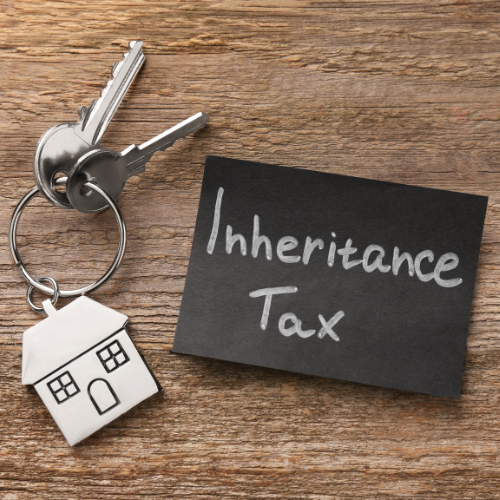
Category: Blogs





What Is Business Relief?

In 1976, the UK government introduced Business Relief as part of the Finance Act with the aim of making it easier for family-owned businesses to pass on to the next generation without having to be sold or broken up to pay large Inheritance Tax (IHT) bills.
Fast forward to today, Business Relief is an important IHT relief for both family-run businesses and investors with shares in qualifying businesses. Before we jump to the details of which businesses benefit from Business Relief, what the benefits of investing in those businesses are, and how to invest, let’s understand what Business Relief is.
What is Business Relief?
In simple terms, Business Relief allows business assets to be passed on to beneficiaries free from IHT. It’s available to business owners and also investors in Business Relief qualifying businesses. To qualify, shares in a business must have been owned for at least two years and still be held at the time of death. You may also hear the term Business Property Relief but there’s no difference between Business Property Relief and Business Relief.
What types of businesses qualify for Business Relief?
Business Relief is available for UK trading businesses that meet a number of qualifying criteria, including those listed below:
- They must primarily be a trading business, not set up just for investment purposes.
- They have a partnership or other interest in a qualifying business.
- They must not be listed on the main London Stock Exchange, although businesses listed on the Alternative Investment Market (AIM) that also meet the above criteria are eligible.
And what types of businesses don’t qualify for Business Relief?
It’s important to note that there are circumstances, like the examples we’ve listed below, where a business won’t qualify for Business Relief:
- They are listed on the main London Stock Exchange.
- They deal in stocks and shares, land, or buildings.
- They are a not-for-profit organisation.
- They are being sold or wound up and will no longer continue trading.
What are the benefits of investing in a Business Relief qualifying business?
There are a number of benefits to investing in a business that qualifies for Business Relief such as IHT exemption and a potential return on investment. Our expert advisers can help advise you on the benefits and risks and guide you through the process. To find out more, click here to chat with one of our team.
The content of this article is aimed at retail consumers. It is for general information purposes only and does not constitute investment advice, as it does not contain all of the information an investor may require in order to make an investment decision. Please obtain professional advice before entering into any new arrangement.




